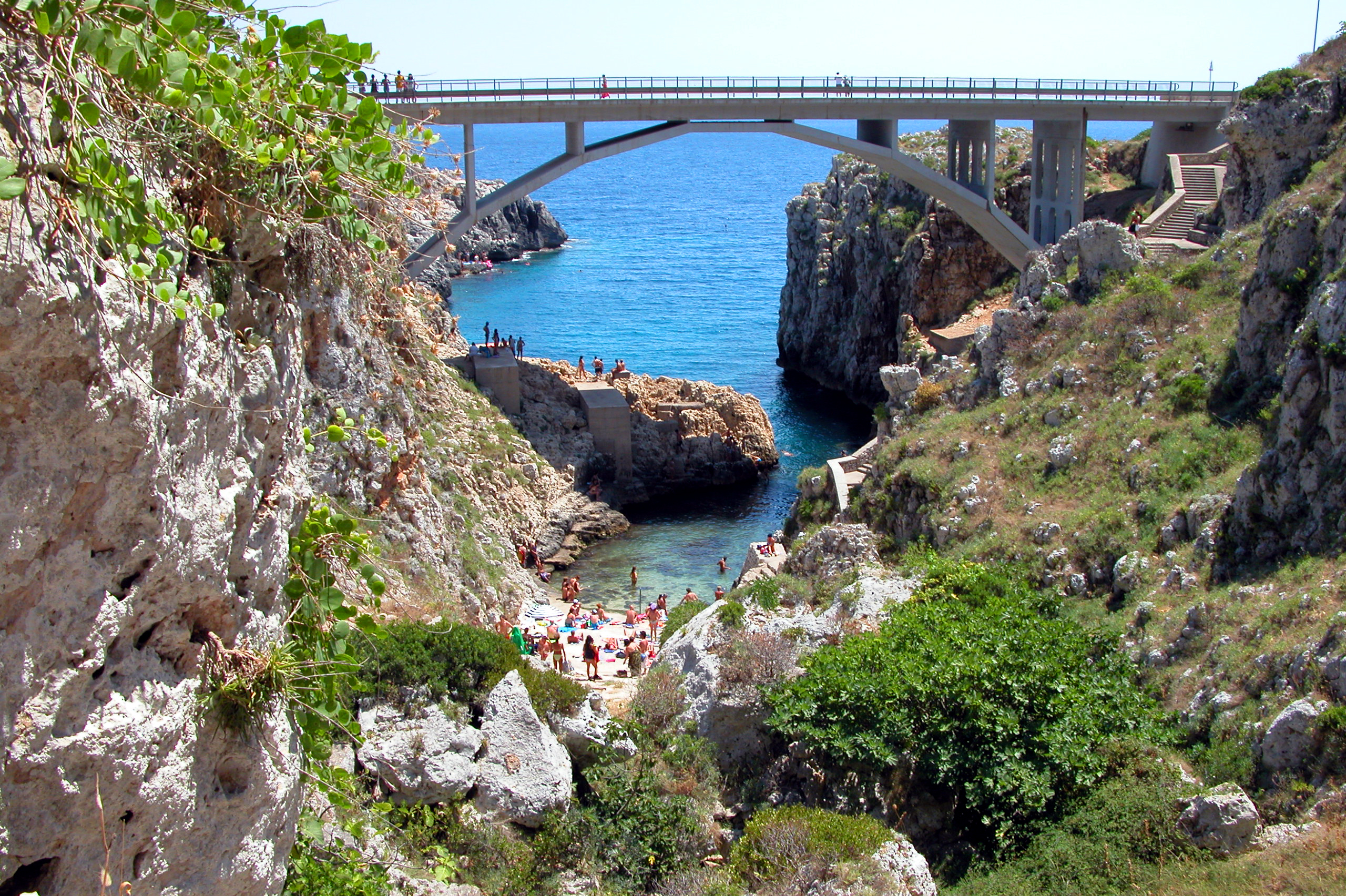"I take this opportunity to thank the Ministry of Economic Development for promoting the" Piazza WIFI Italia "project, a sign of attention to small municipalities. As an administration we have positively grasped the aims of the project which allows citizens and visitors to enjoy two points on our territory, a free WIFI network, which is now an indispensable tool in our daily lives. Gagliano del Capo is located in the province of Lecce, facing the suggestive Ciolo gully. Along the jagged coast there are enchanting caves and caves already frequented by paleolithic man.
The country, despite having a toponym of Roman origin, was formed during the Middle Ages. From 533 to the 11th century it was under Byzantine rule, therefore Norman. During feudalism, first Enrico and then his daughter Isolda de Nocera had the lordship; it then passed to the Sambiasi family and finally, in 1485, by Ferdinando di Aragona, Gagliano was granted to the Castriota Scanderberg family from which Giovanni descended who distinguished himself in the battle of Lepanto in 1571. In the seventeenth century the ancient land of Gagliano was a fief of the princess of Cassano, woman Laura Guarini and only in 1806 was he released from any feudal bond.
The hamlets of Arigliano and San Dana also belong to the town. There are various monuments to visit. The parish church, built by master Ercole Cassano in 1580, the church of San Francesco da Paola, with an adjoining convent and library of the Minimal Fathers, was built in 1616 by the will of Giovanni Castriota Scanderbeg. The church of the Immaculate Conception, built in 1860 on the ruins of the chapel of Sant'Angelo, is the seat of the homonymous archconfraternity. Inside, among the various works, you can admire the mosaic floor, woven in 1884 by Antonio Peluso. "
